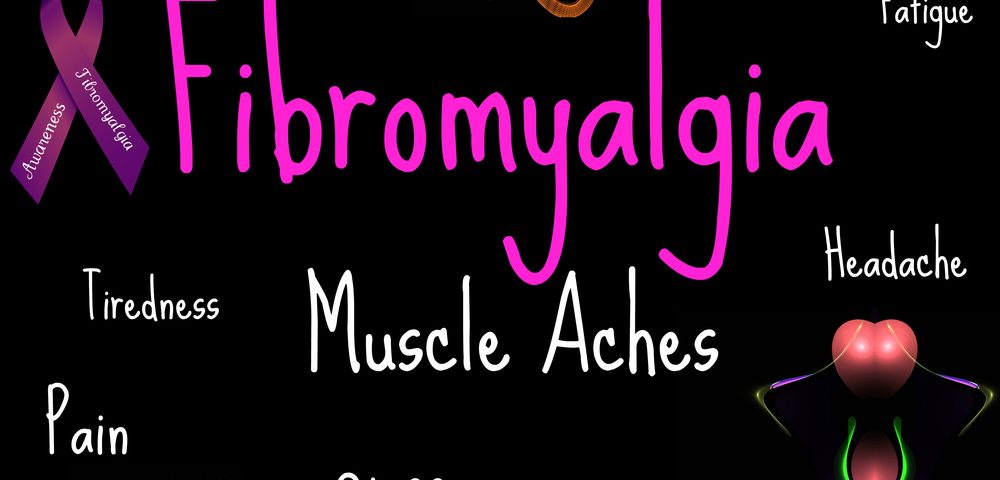The combination of Lyrica (pregabalin) and Savella (milnacipran) is not more effective than pregabalin alone in treating women with fibromyalgia, a study found.
The study, “Efficacy of pregabalin as a monotherapy versus combined pregabalin and milnacipran in the management of fibromyalgia,” was published in the International Journal of Rheumatic Diseases.
Lyrica, by Pfizer, and Savella, by Allergan (now part of AbbVie) are among approved treatments for fibromyalgia in the U.S. Lyrica acts by binding to voltage-gated calcium channels that modulate the release of neurotransmitters (chemical signals within the nervous system) involved in the transmission of pain signals and in the regulation of sleep. In turn, Savella is a selective serotonin and norepinephrine reuptake inhibitor that ultimately works by suppressing pain signals.
Because these two therapies target potentially complementary processes, their combination may be effective at treating fibromyalgia. Researchers in Egypt set out to determine the efficacy and safety of such treatment combination compared with Lyrica alone as monotherapy.
Their clinical trial (NCT03905486) included 58 women with fibromyalgia recruited at outpatient clinics at Alexandria University. Patients were divided into two groups, and randomly assigned for six months to either Lyrica monotherapy (group 1; mean age, 35.8) or Lyrica plus Savella combination (group 2; mean age, 35). Lyrica was administered twice daily at a dose of 75 mg, increased to 150 mg twice daily. Savella was administered once daily at a dose of 12.5 mg, and gradually increased to 50 mg twice daily based on results at three months.
In an initial evaluation, the researchers assessed participants’ perceived pain level using a visual analog scale, and quality of life using the Fibromyalgia Impact Questionnaire. No statistically significant differences were found between the two groups in disease duration, tender point count, pain severity, or disease impact on patients’ lives. Median disease duration was two years for both groups, which also did not differ regarding marital or employment status.
Three months after the initial visit, patients in both groups reported less pain and a better life quality. A reduction in pain was closely associated with improved quality of life, while greater ease in falling asleep — measured with the Leeds Sleep Evaluation Questionnaire — was associated with better alertness and behavior upon awakening.
Although either monotherapy or combination treatment commonly resulted in eased symptoms, no significant differences in pain severity, quality of life, or sleep patterns were found between the two groups.
“The combined therapy did not demonstrate superiority over the monotherapy,” the scientists wrote.
Notably, a greater percentage of patients initially reporting severe pain were in the Lyrica and Savella (84.6%) group than the Lyrica alone (65.2%) group, but not to a statistically significant extent.
Study dropout rates were 20.7% among women given Lyrica alone and 10.3% among those on the treatment combo, slightly lower but still consistent with reported dropout rates in previous studies, the team said. The primary reasons for treatment discontinuation were lack of improvement and medication side effects such as dizziness, sleep disruptions, and gastrointestinal issues.
“The low dropout rate in group 2 may show the potential benefit of adding milnacipran [Savella] to pregabalin [Lyrica] with no added risk or harm as milnacipran has low potential for drug interaction,” the researchers wrote.
Among the study’s limitations, the team mentioned the lack of a placebo and Savella stand-alone group, and the use of a single center to recruit participants.

